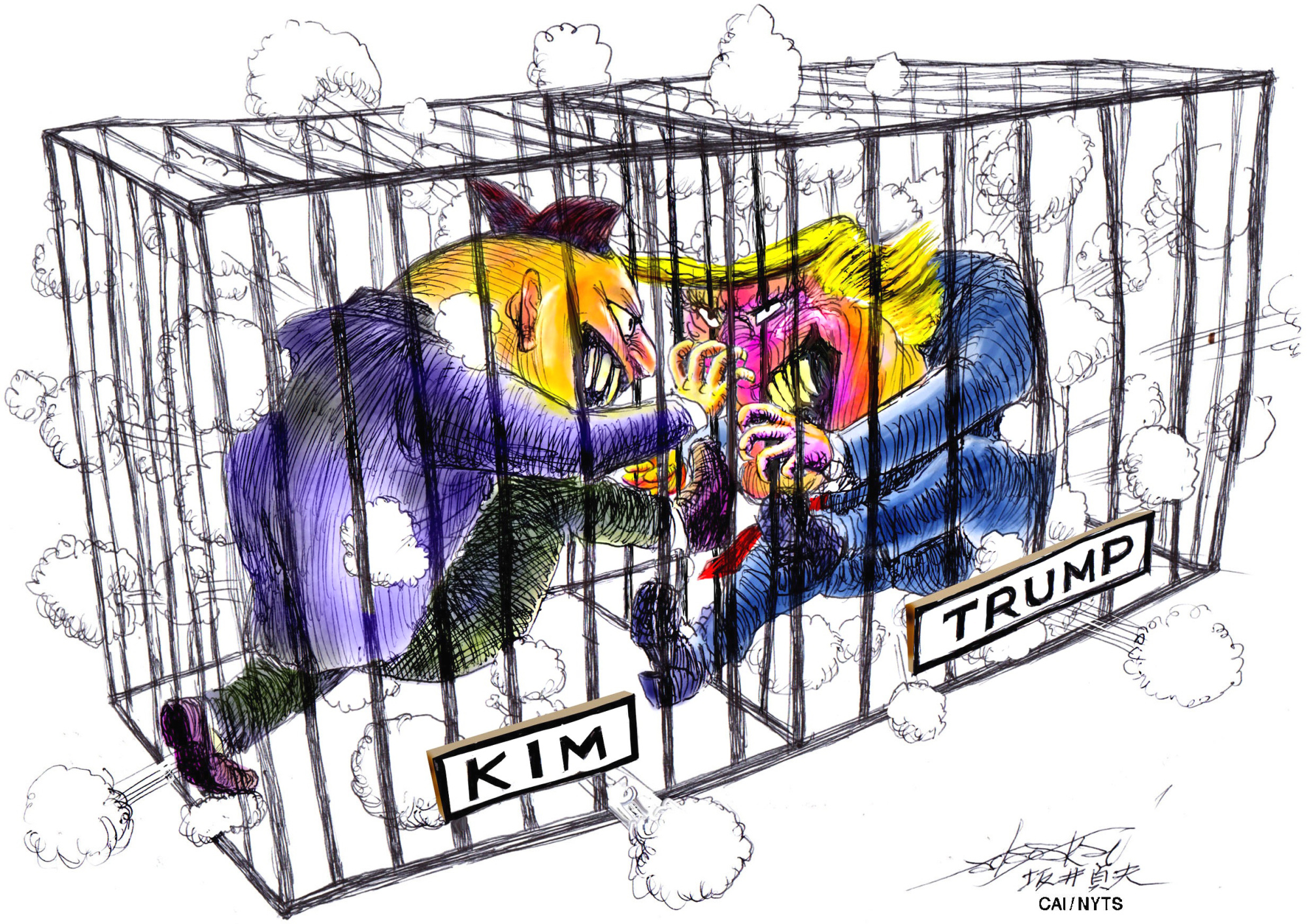With North Korea continuing to ramp up ballistic missile tests, American and Japanese policy actors face new pressure to address the growing North Korean nuclear missile threat. In fact, former Defense Minister Itsunori Onodera of the ruling Liberal Democratic Party spent the May Golden Week holiday in Washington explaining his LDP study group's recommendation for Japan to consider acquiring for the first time counterattack capabilities against enemy targets, in addition to expanding missile defenses.
This could be a major step for Prime Minister Shinzo Abe — who has been seeking to reinterpret and revise Japan's postwar pacifist Constitution — as well as a boon for U.S. policymakers looking for new avenues to pressure North Korea. But is it worth the potentially high political and fiscal costs for the Japanese government to pursue missile-strike capabilities and enabling infrastructure?
Both U.S. and Japanese policymakers should realize that while Japan's acquisition of long-range strike capabilities is not a silver bullet to deter North Korean aggression, such acquisition can play a positive role when considered within the larger context of the U.S.-Japan security alliance. With this in mind, the question must go beyond the North Korea issue and be reframed as part of a broader discussion on Japan's security role in the Asia-Pacific.


















With your current subscription plan you can comment on stories. However, before writing your first comment, please create a display name in the Profile section of your subscriber account page.